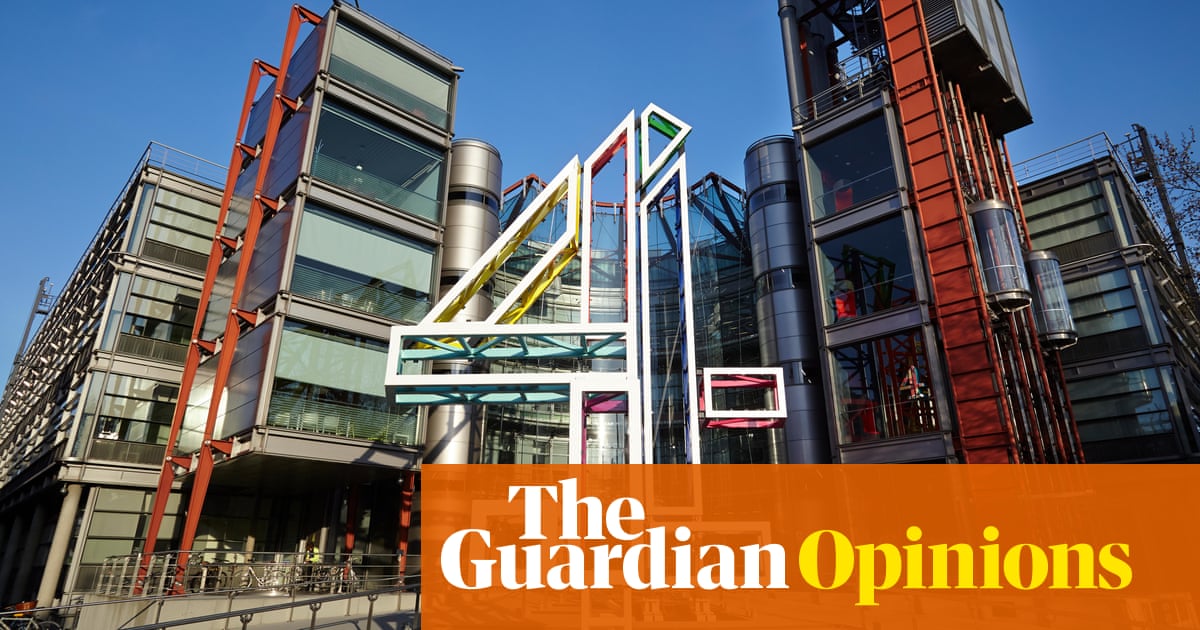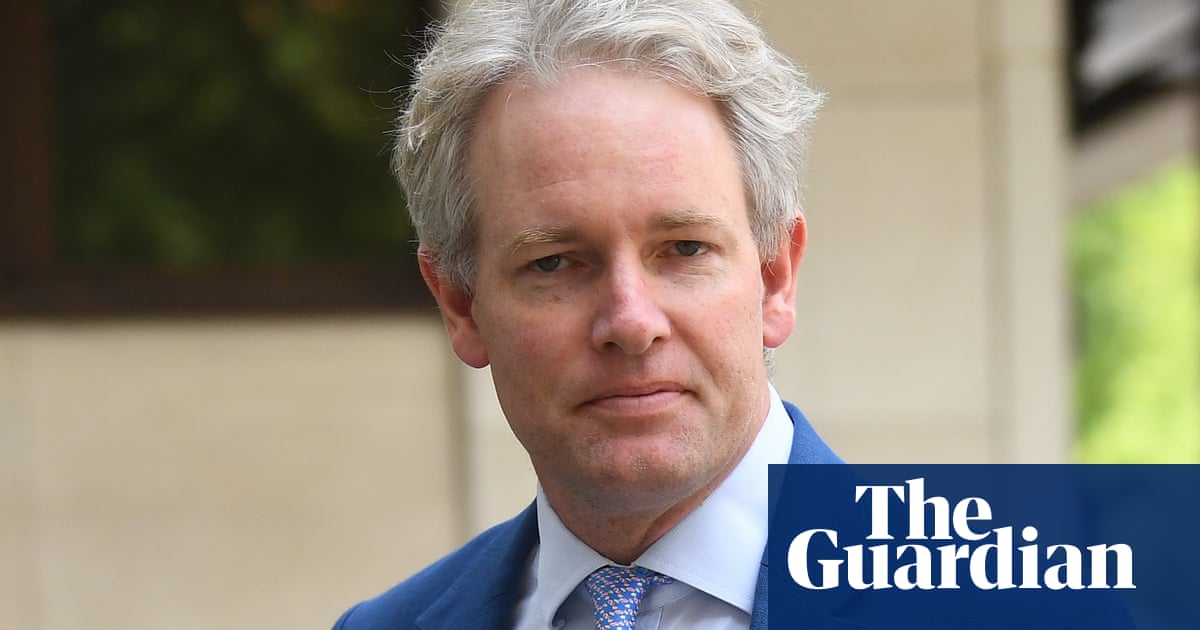
Channel 4 has said its finances are strong enough for it to remain as an independent entity, despite threats from Conservative ministers that it could be sold off.
The culture minister, John Whittingdale, hinted earlier this month that the state-owned commercially funded broadcaster could be a potential candidate for privatisation, given the financial pressures faced by traditional media outlets. It has also faced criticism from the government for the content of some of its news output.
The broadcaster now insists that despite a catastrophic collapse in advertising revenue during the spring lockdown, its finances have bounced back and it expects total revenue to be down only about 10% by the end of the year.
Channel 4’s chairman, Charles Gurassa, said Whittingdale would have been basing his comments on the situation at the peak of the pandemic, when the channel was forced to furlough staff and make big cuts to its programming budget.
He said: “He won’t have yet seen the figures for 2020 – he will be looking at a pandemic environment that caused considerable strain for the sector … We’ve come through the biggest crisis in the history of TV advertising and emerged financially stronger, creatively stronger.”
In a symbolic gesture the broadcaster has also returned £1.5m to the government that it obtained through the employee furlough scheme, on the basis that it did not require the money.
The channel also grew its ad-supported All 4 streaming service, which is on track to bring in a fifth of revenue due to the success of shows attracting younger audiences such as Rick and Morty and The End of the F***cking World.
The broadcaster, home of The Great British Bake Off, published its delayed 2019 annual report on Thursday, which showed its chief executive, Alex Mahon, earned £943,000 – double the salary of the BBC director general, Tim Davie.
Mahon said her current concern was securing a place for traditional British public service channels such as Channel 4 in a world where modern television sets often come with remote controls or interfaces pointing viewers directly to services such as Netflix and Amazon Prime Video.
“I’m obsessed with prominence,” she said. “The government should be getting on with legislating. We are up against, all of us, Netflix and YouTube fighting for those prominence spots.”
She said there would need to be greater collaboration between the UK’s traditional television channels in order to secure the future of British television: “We have common enemies in much bigger global companies.”












